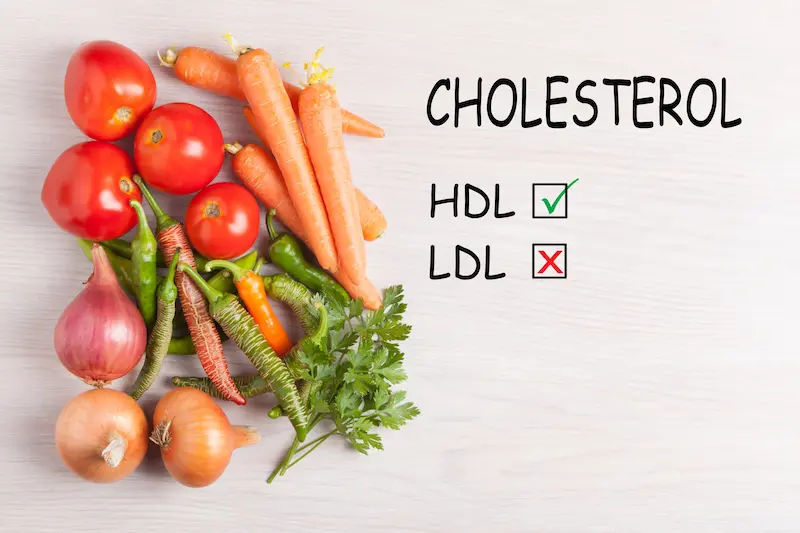- Male
- 27 Years
- 22/01/2025
I'm experiencing pain when I tilt my head towards my left shoulder. I also have thyroid issues and asthma. When I move my neck to the left, there's this pain that travels from the back of my neck to my chest. Could this be something connected to my heart?
Answered by 1 Apollo Doctors
it may not necessarily be related to your heart. It could be due to muscle strain or tension in your neck and chest area. However, given your history of thyroid issues and asthma, it is important to rule out any other potential causes. To help alleviate the pain, you can try taking over-the-counter pain relievers such as acetaminophen. Additionally, applying a warm compress to the painful area and practicing gentle neck stretches may also provide some relief. If the pain persists or worsens, it is advisable to consult with your healthcare provider for further evaluation and management.
Dr. Mubarak Suggests...
Consult a Cardiologist
Answered 04/07/2025
0
0

More Cardiology Health Queries
View allI'm really concerned about the results of my ECG. It mentioned something about Interior Ischemia and an abnormal T wave. I'm not exactly sure what that means or how serious it is. Could you tell me what the best treatment options are for this situation? Should I be worried?
For Inferior Ischemia with abnormal T-wave on ECG, treatment typically involves addressing the underlying cause, such as coronary artery disease, and may include medications like beta blockers, nitrates, and antiplatelet agents, as well as lifestyle changes, and potentially invasive procedures like angioplasty or coronary artery bypass grafting (CABG), under the guidance of a cardiologist.
Answered by 1 Apollo Doctors
After recovering from COVID over a month ago, I've noticed my blood pressure has been consistently high, ranging between 145-165. I've been really disciplined with my diet and make sure to walk twice a day for 30 to 40 minutes. Is this high BP normal for someone in my situation, or could there be something else going on health-wise? What do you think?
After recovering from COVID-19, it is not uncommon for some patients to experience fluctuations in their blood pressure. In your case, with a consistently elevated blood pressure ranging between 145-165, it is important to monitor this closely. Since you are following a strict diet and exercise routine, there may be an underlying issue causing this spike. Considering your history of high blood pressure, it is advisable to consult your healthcare provider for further evaluation. In the meantime, you can try incorporating medication such as Losartan 50mg once daily to help manage your blood pressure. Additionally, continue with your healthy lifestyle habits and monitor your blood pressure regularly.
Answered by 1 Apollo Doctors
I'm really worried about my dad's recent angiography test results. It showed he has a 100% blockage in two arteries and 95% in a third artery, with just one vein working properly. I'm trying to understand if he should consider bypass surgery or angioplasty. Which option is generally more effective for extending lifespan?
For blockages of 100% in two arteries and 95% in the third artery, bypass surgery would be more effective in this case. Bypass surgery involves creating new pathways for blood to flow to the heart muscle, bypassing the blocked arteries. This can help improve blood flow to the heart and relieve symptoms such as chest pain. It is also known to extend lifespan and reduce the risk of future heart attacks compared to angioplasty. The patient should consult with a cardiac surgeon to discuss the best treatment option and further details regarding the bypass surgery procedure and post-operative care.
Answered by 1 Apollo Doctors
Disclaimer: Answers on Apollo 247 are not intended to replace your doctor advice. Always seek help of a professional doctor in case of an medical emergency or ailment.





